Part Analysis
| General Data | |
| Manufacturer (OEM) | CWT |
| Platform | CSE |
| PCB Type | Double-Sided |
| Primary Side | |
| Transient Filter | 4x Y caps, 2x X caps, 1x CM chokes, 1x MOV |
| Inrush Protection | NTC Thermistor SCK-056 (5 Ohm) |
| Bridge Rectifier(s) |
2x GBUL1506 (600V, 15A @ 100°C)
|
| APFC MOSFETs |
2x STMicroelectronics STF33N60M2 (650V, 16A @ 100°C, Rds(on): 0.125Ohm)
& 1x Sync Power SPN5003 (for reducing the no-load consumption) |
| APFC Boost Diode |
1x Vishay Schottky Diode VS-3C08ET07T-M3 (650V, 8A @ 135°C)
|
| Bulk Cap(s) |
1x Elite (400V, 680uF, 2000h @ 105°C, PL(M))
|
| Main Switchers |
2x Vishay SiHA25N60EFL (600V, 16A @ 100°C, Rds(on): 0.146Ohm)
|
| APFC Controller |
Champion CM6500UNX
|
| Resonant Controller |
Champion CU6901VAC
|
| Topology |
Primary side: APFC, Half-Bridge & LLC converter
Secondary side: Synchronous Rectification & DC-DC converters |
| Secondary Side | |
| +12V MOSFETs | 8x ON Semiconductor NTMFS5C430N (40V, 131A @ 100°C, Rds(on): 1.7mOhm) |
| 5V & 3.3V | DC-DC Converters: 2x UBIQ QN3107M6N (30V, 70A @ 100°C, Rds(on): 2.6mOhm) 2x UBIQ QM3054M6 (30V, 61A @ 100°C, Rds(on): 4.8mOhm) PWM Controller(s): ANPEC APW7159C |
| Filtering Capacitors | Electrolytic: 3x Elite (2,000 @ 105°C, EL(M)) 2x Elite(4 – 10,000 @ 105°C, EY) 3x Capxon (2 – 5,000 @ 105°C, KF), 3x Teapo (3-00 @ 105°C, SY), Polymer: 17x Elite, 2x APAQ |
| Supervisor IC | Weltrend WT7502R (OVP, UVP, SCP, PG) |
| Fan Model | Hong Hua HA1225H12F-Z (120mm, 12V, 0.58A, Fluid Dynamic Bearing Fan) |
| 5VSB Circuit | |
| Rectifier |
1x Silan Microelectronics SVF4N65RD FET(650V, 2.5A @ 100°C, Rds(on): 2.7Ohm)
|
| Standby PWM Controller |
On-Bright OB5282
|
This is CWT’s CSE platform. The non-VE Core Reactor II editions use the same platform, so you probably wonder what the catch is. XPG used lower-cost electrolytic capacitors to suppress the production cost, which still have high enough quality to outlive the extended warranty. Moreover, the cooling fan remained the same, which is equally important with the filtering caps. All FETs are by good manufacturers since XPG didn’t want to jeopardize the platform’s reliability.
On the primary side, besides the APFC converter, which has been used in every desktop PSU for many years, we also find a half-bridge topology and an LLC resonant converter for lower switching losses. On the secondary side, a synchronous rectification scheme handles the 12V rail, with eight FETs total, and the minor rails are generated through a pair of DC-DC converters.
The bulk caps and several caps on the secondary side are by Elite, and we also find several CapXon electrolytic caps. On the secondary side, many polymer caps are also used for ripple filtering.

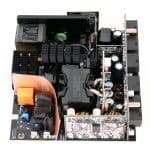
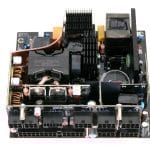
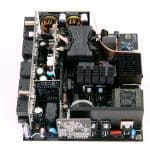
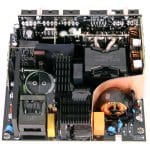
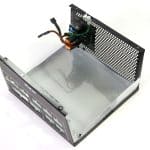
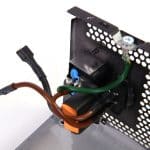
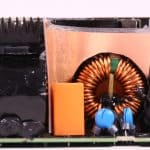
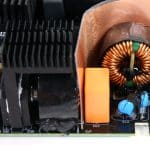
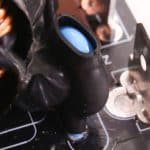

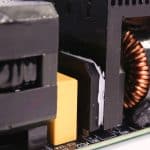
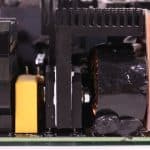
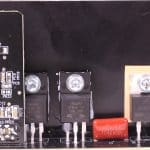
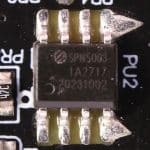
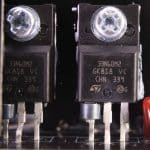
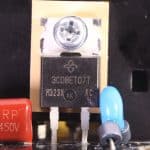
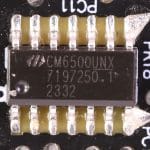
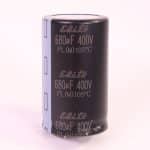
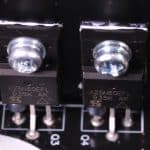
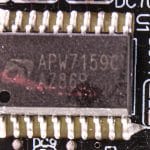
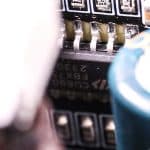
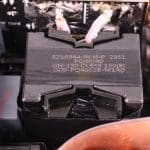
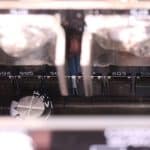
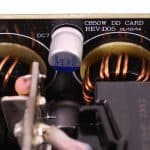
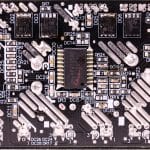
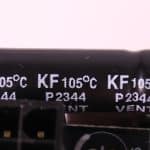
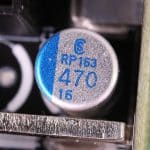
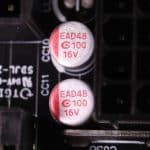
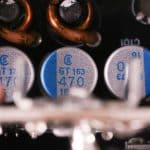
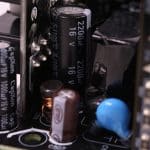
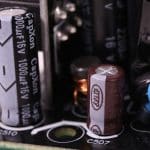
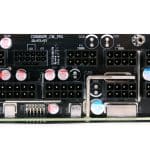
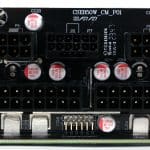
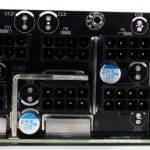
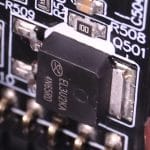
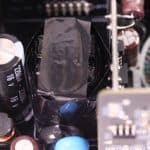
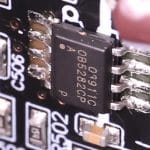
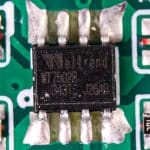
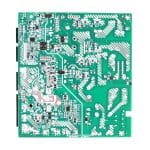
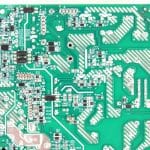
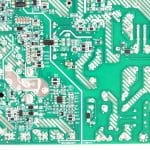
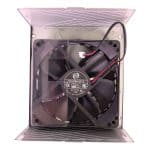
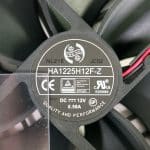

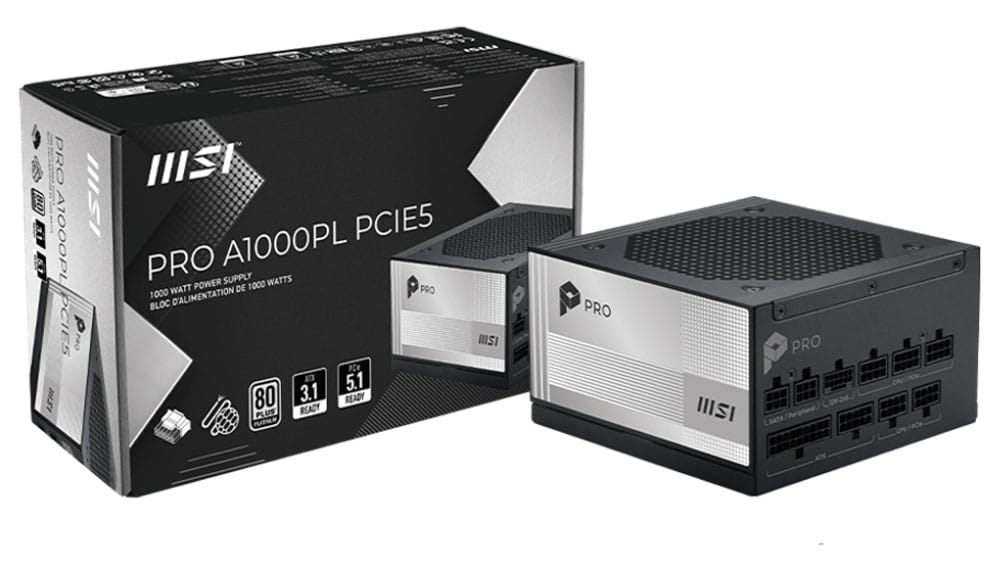
Thank you for the review. What kind of problem could it be if it drops below 3.14V? Thanks for the answer in advance.
It will apply high stress to the corresponding DC-DC converter that expects 3.3V at its input. This is why the ATX spec sets as the lowest limit the 3.14V level.
Thank you for the information. Then I’ll go back to the beginning and start looking for a new psu. I benefit a lot from your articles. Thank you.